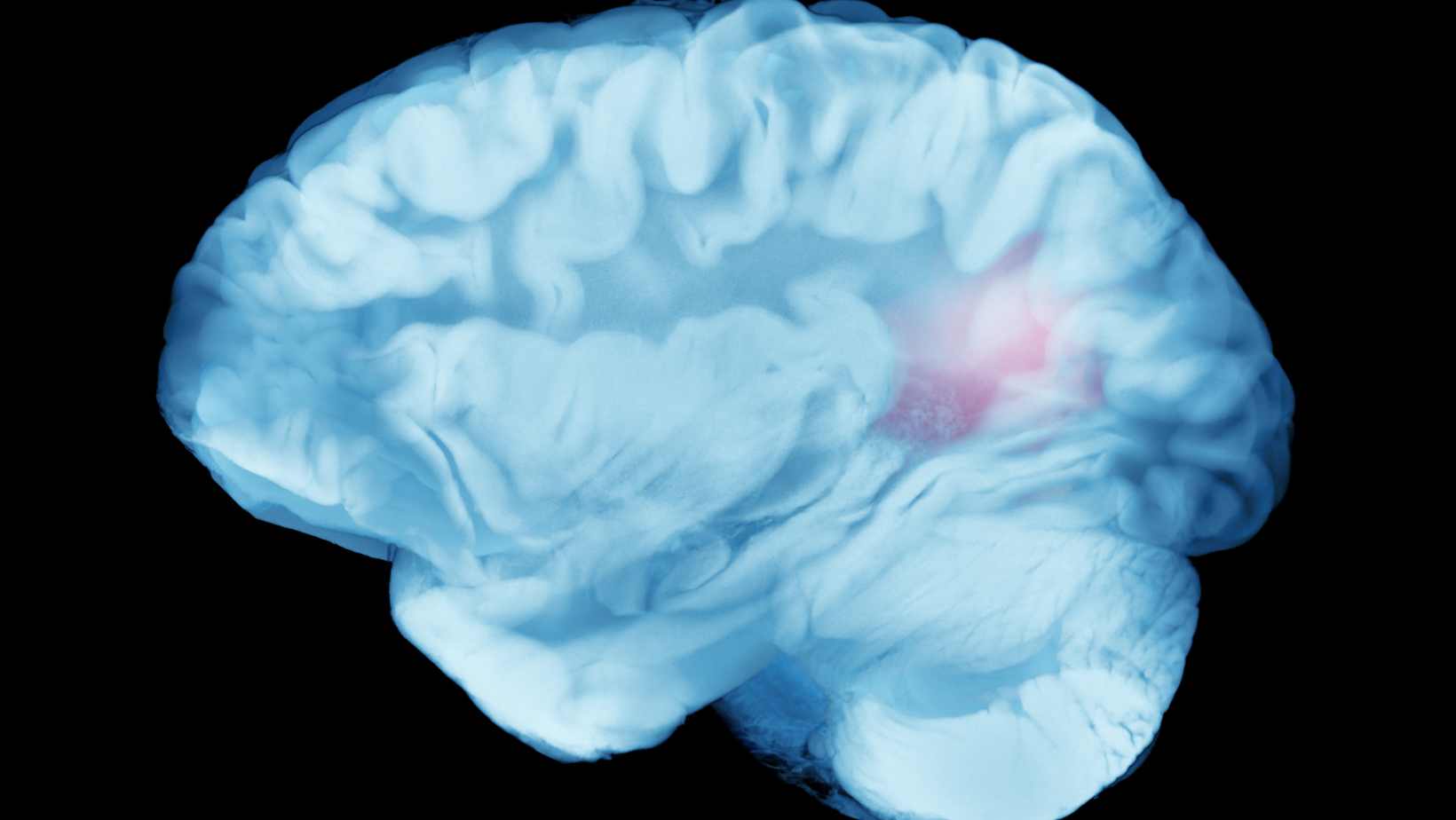Certain moments in life can leave deep emotional scars, making them difficult to forget and even harder to heal. As Laurell K. Hamilton wisely said, “There are wounds that never show on the body that are deeper and more hurtful than anything that bleeds.” Flashbacks, particularly for those with post-traumatic stress disorder (PTSD), are such emotional wounds. These intrusive memories can be consuming, replaying traumatic events over and over, deeply affecting mental health. This guide offers tips to cope with anxiety naturally, especially when dealing with distressing flashbacks.
Flashbacks can manifest as images, sounds, smells, or even places reminiscent of the traumatic event. They trigger intense emotions like fear, pain, and vulnerability, often making it difficult to remain grounded in the present. The repetitive nature of flashbacks can severely disrupt mental peace, leading to heightened anxiety and stress. If you’re struggling with PTSD flashbacks, these natural tips to cope with anxiety can help you regain control and manage your mental well-being.
Table of Contents
ToggleUnderstanding Flashbacks: The Root Cause
The first step in dealing with flashbacks is identifying the triggers that set them off. These triggers could be anything from specific objects, sounds, images, or even people and places associated with the traumatic event. For example, war survivors might be triggered by loud noises or fireworks that remind them of combat.
By recognizing these triggers, you can better manage and mitigate flashbacks, preventing them from escalating into severe anxiety. Although flashbacks can be unpredictable, detecting early signs—such as blurry vision, dissociation, changes in breathing, or sudden loud noises—can help you take preventive action. For a more detailed guide, check out Tips To Cope With Anxiety.
Practice Deep Breathing
One of the most effective natural remedies for anxiety is deep breathing. When anxiety strikes, your breathing can become irregular, which can exacerbate feelings of panic. By focusing on your breath, you can calm your nervous system and bring yourself back to the present.
Start by inhaling deeply and then exhaling slowly, making your exhale longer than your inhale. This method helps release built-up stress and keeps you grounded in the present moment. Diaphragmatic breathing, in particular, engages the diaphragm, promoting relaxation and reducing anxiety. Learn more about Natural Remedies For Anxiety.
Grounding Techniques: Using Your Five Senses
Grounding is a highly effective technique for managing flashbacks and anxiety. It helps reconnect you with the present, reducing the overwhelming impact of traumatic memories. Grounding techniques involve using your five senses—sight, sound, smell, touch, and taste—to distinguish between what’s real and what’s not.
Here are some grounding techniques you can use:
- Sight: Focus on your surroundings by counting objects in the room, reading a book, or watching TV.
- Sound: Play loud music, read aloud, or call a friend to stay connected to the present moment.
- Smell: Take a deep breath of a scented candle, perfume, or even peppermint, which has a calming effect.
- Touch: Run an ice cube over your skin, pop bubble wrap, or hug a loved one, pet, or pillow for comfort.
- Taste: Bite into a lemon, savor some chocolate, or drink a hot beverage to stay grounded.
These techniques are easy to implement and can be practiced anywhere, making them invaluable tools for managing anxiety. For additional insights on differentiating between anxiety and depression, explore Anxiety And Depression.
The Healing Power of Self-Care
Self-care is a crucial aspect of managing anxiety and healing from trauma. By prioritizing your mental, physical, and spiritual health, you create a safe environment for recovery. Engaging in activities that bring you joy—whether it’s meditation, yoga, painting, or reading—can help you stay focused on the positive aspects of life.
Self-care is about making a conscious effort to regain self-love and respect. Activities like meditation calm the nerves and help create a connection between the mind and body. By indulging in leisure activities and pampering yourself, you can restore a sense of normalcy and security. Discover more about managing anxiety and depression symptoms in Anxiety And Depression Symptoms.
Reach Out for Professional Help
While natural methods are effective, seeking professional help is sometimes necessary, especially for severe anxiety and PTSD. Consulting with a neurologist or mental health professional can provide valuable insights and treatment options tailored to your specific needs.
Dr. Chandril Chugh, a leading neurologist, offers consultations for patients dealing with anxiety and other neurological conditions. Whether you’re in Punjab, Faridabad, Jaipur, Saket, South Delhi, Agra, Patna, or Gwalior, Dr. Chugh and his team are available to guide you through the recovery process. They can help you recognize patterns in your flashbacks, develop coping strategies, and provide the support you need to regain control of your life. Learn more about the Effects Of Depression In Your Body and how to manage them here.
Conclusion
Dealing with anxiety and PTSD flashbacks can be incredibly challenging, but with the right strategies, healing is possible. By implementing these tips to cope with anxiety and seeking professional support when needed, you can navigate the path to recovery. Stay connected with loved ones, practice self-care, and reach out to experts to ensure you have the support system you need. Healing is a journey, and with patience and perseverance, you can overcome the challenges and reclaim your peace of mind.

This article is medically reviewed by Dr. Chandril Chugh, Board-Certified Neurologist, providing expert insights and reliable health information.
→ Book a consultation to discover which remedies suit your needs best.
About Author | Instagram | YouTube | Linkedin




